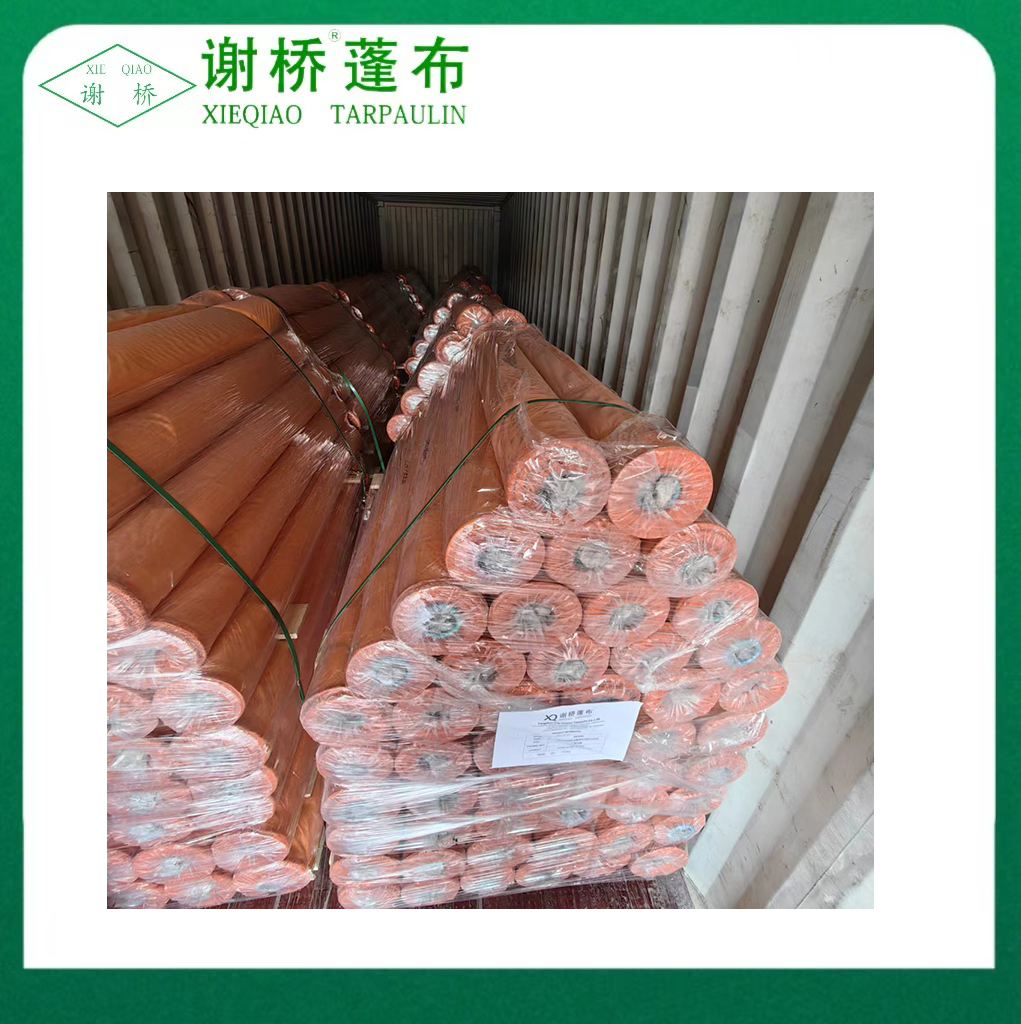Specializing in all kinds of custom tarpaulins Custom Tarpaulin Product Manufacturers
 2025.03.25
2025.03.25
 Industry News
Industry News
Fire resistant tarpaulins are essential for protecting against fire hazards, but improper use can compromise their effectiveness and safety. Here are common mistakes to avoid:
Ignoring Fire Sources
Never use fire resistant tarpaulins near open flames, stoves, or heaters. While they can withstand high temperatures, direct contact with fire may still cause damage or melting. Always maintain a safe distance from ignition sources.
Neglecting Weather Conditions
In strong winds, secure tarpaulins tightly with professional tools to prevent them from blowing away or tearing. Avoid using them in thunderstorms, as lightning strikes pose a significant risk.
Improper Storage
Store tarpaulins in dry, ventilated areas to prevent mold and mildew. Avoid folding them when wet, as this promotes deterioration. Regularly check for damage and repair tears promptly to maintain fire resistance.
Harsh Chemical Exposure
Fire resistant tarpaulins may degrade when exposed to strong acids, alkalis, or organic solvents. Avoid contact with such substances to preserve their protective properties.
Overloading or Sharp Objects
Do not place heavy objects on tarpaulins, as this can damage their structure. Keep them away from sharp edges or tools that could puncture or tear the material.
Incorrect Cleaning Methods
Use mild detergents and soft brushes for cleaning. Avoid abrasive cleaners, bleach, or high-pressure washers, which may weaken the fabric or remove fire-resistant coatings.
Ignoring Manufacturer Guidelines
Always follow the manufacturer's instructions for installation, use, and maintenance. Overlooking these guidelines can lead to improper handling and reduced effectiveness.